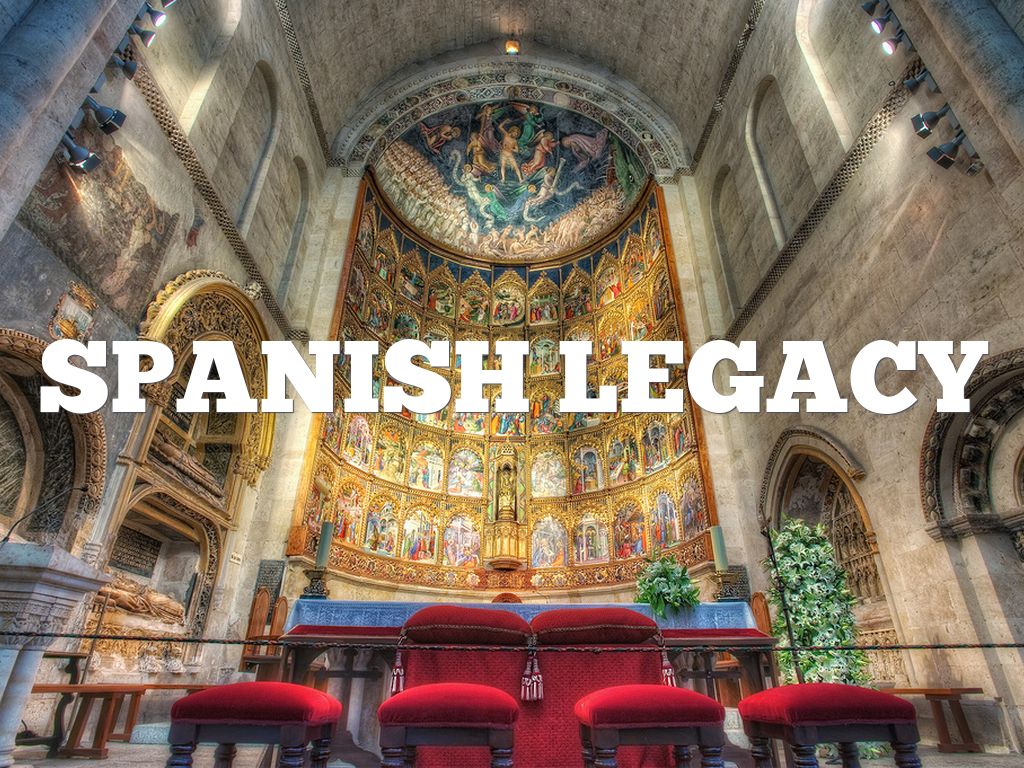Spain & The Legacy Of Christopher Columbus: A Complex Relationship

As the world commemorates Christopher Columbus, the figure who “discovered” the Americas in 1492, Spain once again finds itself at the heart of debates about his legacy. Columbus, who sailed under the Spanish crown, is viewed by many as a pioneer of exploration. However, his impact, especially on the indigenous peoples of the Americas, remains controversial. In recent years, Spain has faced growing scrutiny, both domestically and internationally, over how it celebrates and remembers Columbus and the colonial past he represents.
Celebrations and Protests on October 12
Spain celebrates October 12 as “Día de la Hispanidad” or Hispanic Day, a national holiday marking Columbus’ arrival in the Americas. The day also coincides with Spain’s national military parade, attended by the Spanish royal family and other prominent political figures. The event, meant to showcase Spain’s unity and military strength, has become a focal point of both celebration and dissent.
In 2024, the holiday once again saw mixed reactions across Spain and the Americas. In Madrid, thousands gathered to watch the parade, waving Spanish flags and celebrating the country’s historical ties to Latin America. However, as Spain’s government continues to grapple with the country’s colonial past, anti-colonial protests took place in other parts of the country. Demonstrators highlighted the devastating consequences of Columbus’ voyages, especially for the indigenous populations in the Americas.
A Colonial Legacy Under Question
Columbus’ expeditions, funded by Spain’s Catholic Monarchs, Queen Isabella I and King Ferdinand II, opened the door to centuries of Spanish colonization in the Americas. While Columbus’ achievements as an explorer are undeniable, the consequences of his arrival have left lasting scars, particularly for indigenous communities in the Caribbean, Central, and South America.
Indigenous activists and scholars continue to criticize Spain’s glorification of Columbus as a national hero, arguing that his voyages marked the beginning of mass violence, enslavement, and the exploitation of native populations. Spain, much like other former colonial powers, has been slow to fully acknowledge these darker aspects of its past, though conversations about historical accountability have gained traction in recent years.
Statues and Symbols Under Fire
Statues of Columbus have become symbols of the ongoing debate. In 2024, discussions reignited after a group of protesters in Barcelona called for the removal of the Columbus Monument, which has stood in the city since 1888. The statue has been a point of contention, with critics arguing it glorifies colonialism. While some cities in Spain, including Madrid, have opted to keep their statues intact, they have also increased efforts to contextualize these monuments by providing additional historical information about Spain’s role in colonization.
In Latin America and the U.S., Columbus statues have been defaced or removed in recent years, symbolizing a broader rejection of colonial narratives. As Spain watches these events unfold, some regions, particularly in Catalonia and the Basque Country, have called for similar actions, arguing that Spain should distance itself from its colonial past.
The Future of Hispanic Day
As Spain looks to the future, there are growing calls for the country to rethink its national celebrations and approach to its colonial legacy. While Columbus’ voyages helped establish spain christopher columbus as a global empire, the human cost of that empire is now coming under increasing scrutiny. Some politicians and activists argue for the replacement of Hispanic Day with a more inclusive commemoration, one that recognizes the contributions of indigenous peoples and the brutal realities of colonization.
For now, Spain’s complex relationship with Columbus continues to evolve, as the country finds itself at the crossroads of tradition and historical reckoning. The debate over how to commemorate the man who connected two worlds is far from over.






